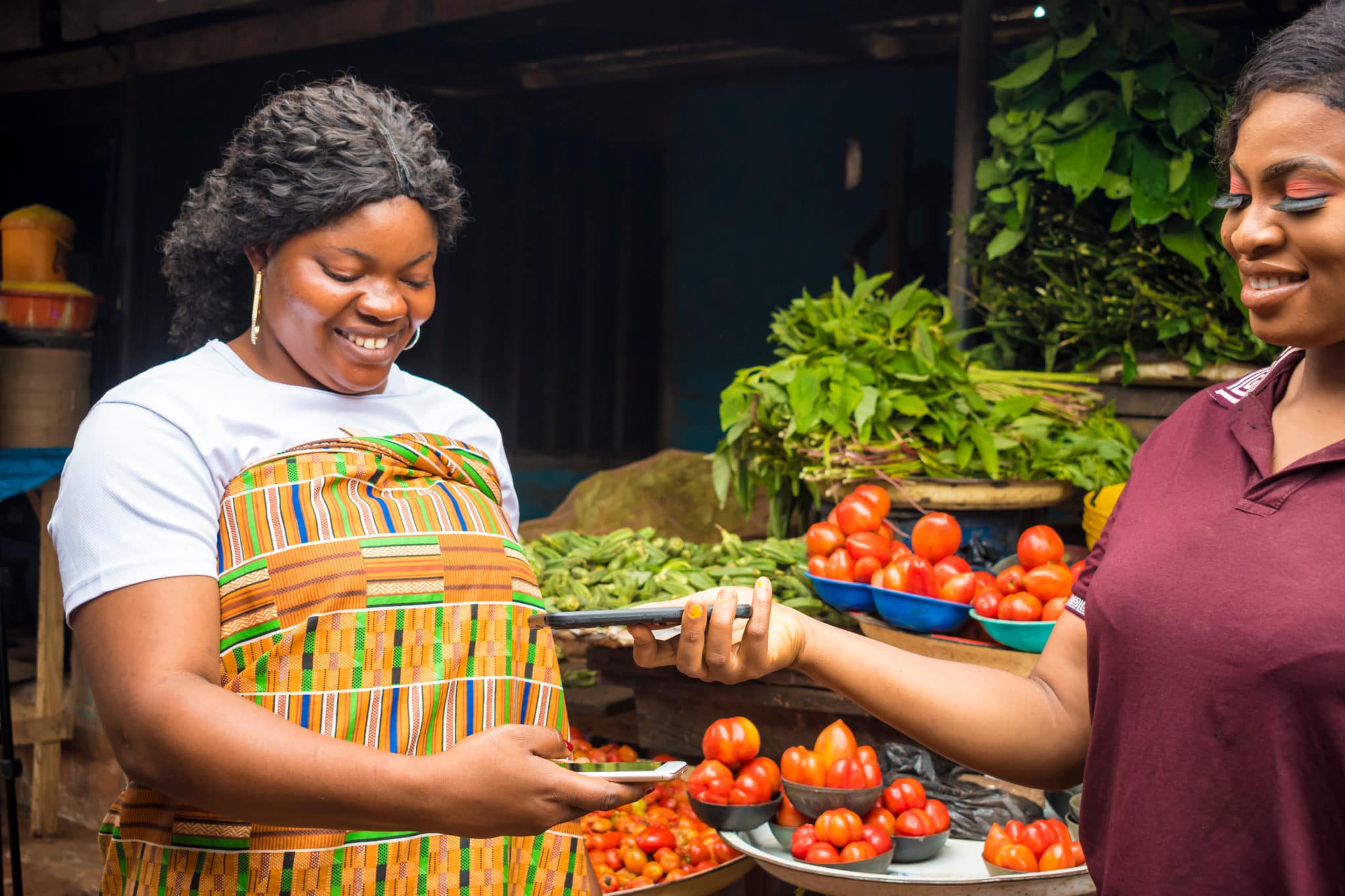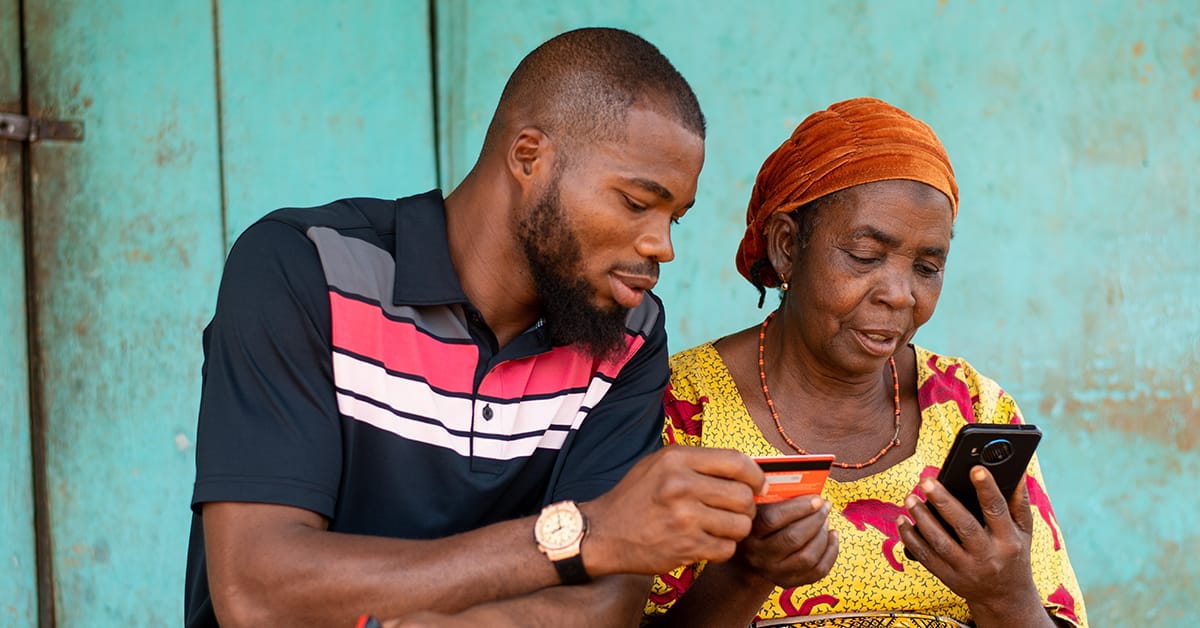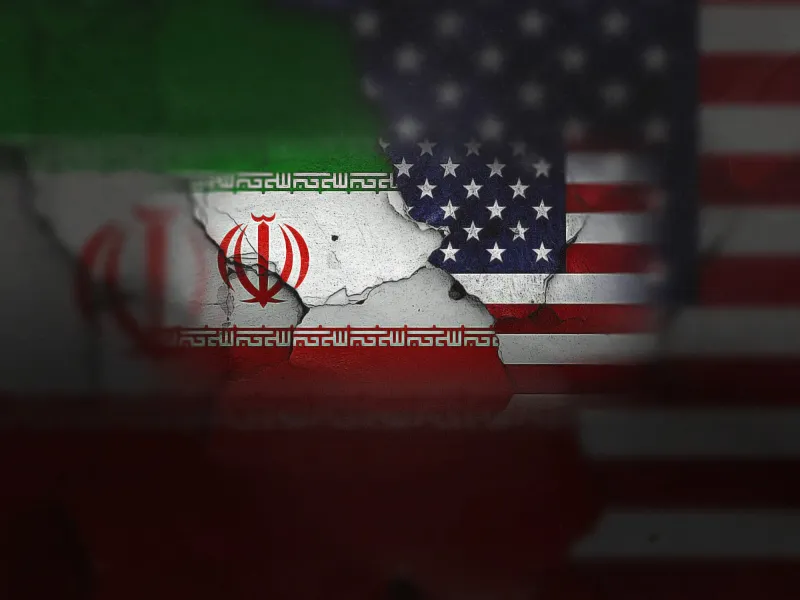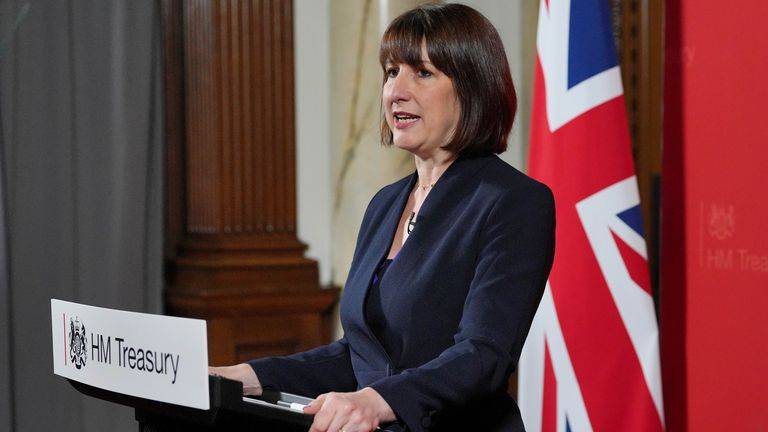We’re living in a golden age of fintech. Every other week, a new app is born—sleek, fast, VC-funded, and itching to "disrupt" the financial world. Some of these platforms have become as common in conversation as “Uber” or “WhatsApp.” But while we celebrate this innovation, there’s an uncomfortable truth we can’t ignore: millions of people, especially in developing nations, still have no access to basic banking services.
Yes, the digital revolution is here—but a huge part of the world is still standing outside the gates. Let’s zoom out for a moment. By the end of 2023, over 200 million migrants sent an eye-watering $656 billion in remittances to family and friends back home—many of them in low- and middle-income countries (LMICs). That’s nearly the GDP of a G20 country, flowing straight into everyday households. And yet, here’s the kicker: many recipients of these remittances don’t even have a bank account.
Meanwhile, the digital remittance market itself hit $19.8 billion in 2023 and is projected to more than double by 2028, growing at a healthy 14.7% CAGR. The money is moving. But access? Not so much. Critics love to remind us that “tech alone can’t solve financial exclusion.” And they’re right... technically. But let’s be clear: tech isn’t supposed to solve it alone. It’s the spark. The catalyst. The jet fuel. Take India. The Reserve Bank of India (RBI) didn't just sit back and wait for innovation—they opened the door wide. By promoting regulatory frameworks and digital infrastructure, they made it easier for fintechs to join the remittance game. The results speak for themselves: in 2023–24 alone, India saw 164 billion transactions valued at $510 billion, and now accounts for nearly 50% of global payment volume. Half!
India’s secret sauce? A localized, inclusive approach:
Biometric ID
Unified Payments Interface (UPI)
Mobile penetration
Digital lockers
Consent-based data sharing
Together, they form the "India Stack" — a model that other nations are watching closely. China’s not sitting on the sidelines either. With AliPay, WeChat Pay, and its massive Belt and Road Initiative, China is exporting its digital finance infrastructure across borders, especially to places where traditional banks have never set foot. But here's where things get tricky. In Africa, we still face regulatory speed bumps. According to GSMA’s 2024 report, several African nations restrict sending remittances to mobile money accounts. And let’s not even talk about the fees—sending $200 to Sub-Saharan Africa costs an average of 7.39%, way above the 4.95% in India.
What’s behind this? A mix of low competition, clunky regulation, and underdeveloped financial infrastructure. But things are changing. Fast. Thanks to machine learning and generative AI, we’re witnessing a shift. Tasks that once required entire departments, like KYC (Know Your Customer) and onboarding, can now be done through automated, AI-powered systems. Need to verify someone’s identity? Facial recognition and biometric checks have that covered. Still unsure? Enter the human-in-the-loop (HITL) for real-time validation without sacrificing compliance. These innovations aren’t just cool—they’re cost-cutting, scalable, and inclusive. They lower barriers and open doors. And then there’s open banking. With over 100 billion APIs accessed globally, financial services are no longer confined to traditional banks. Players like Tala are offering instant microloans to MSMEs—no collateral, no long lines, no red tape. But let’s not pat ourselves on the back just yet.
To unlock the full promise of digital remittances and mobile money, we need:
Cross-border regulatory collaboration
Interoperable payment systems
Government-backed innovation hubs
Infrastructure investments (yes, even better Wi-Fi!)

Related article - Uphorial Sweatshirt

Financial inclusion is more than a tech problem. It’s a policy challenge, an infrastructure challenge, and a human challenge. But it’s also an opportunity—a chance to reimagine the financial system from the ground up. The goal? A world where no one is left behind just because they were born without a bank branch nearby. Let’s build that world—with innovation, intention, and a little audacity.
Uphrial.



